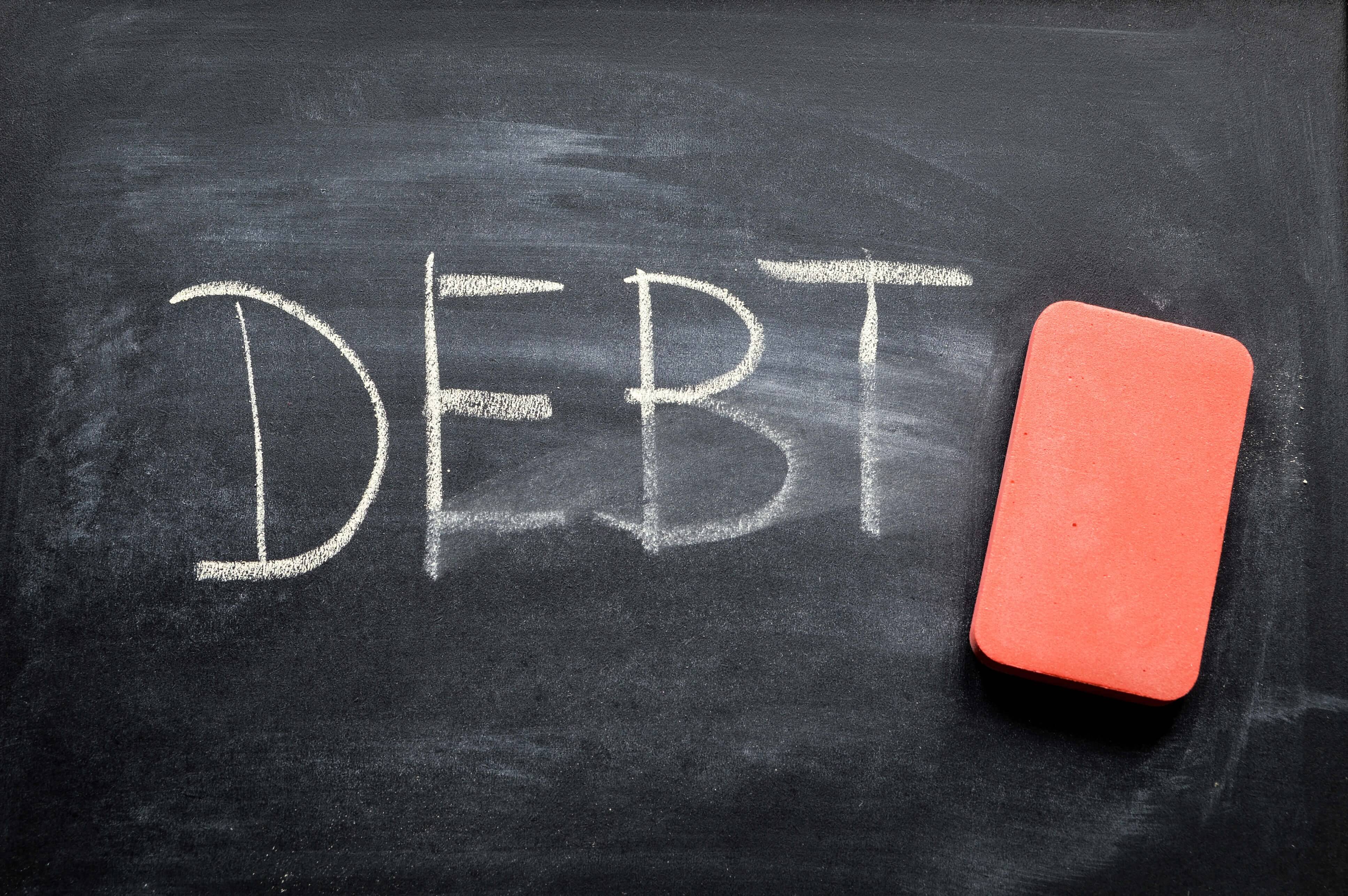 780-413-1684
780-413-1684
780-413-1684
780-413-1684

Of course, there are many ways to go about restructuring your debt. The more equity you have in your home, the more choices you will have to do it.
Once you get your loan, you pay your lenders and, then you are left with the loan to pay down. If you do not pay the loan back, you face the consequences. If some collateral like your home backs your loan, the bank will be forced to foreclose on your home to get their money back. If you have a loan that is not backed by collateral, you may have to claim bankruptcy to move beyond the issue of your non-payment.
Do your best to pay the loan back and if you run into trouble, talk to your creditor before it becomes a larger problem. There may be some things that they can do to help you not miss more payments in the future.
The upsides here outweigh the downsides if a debt consolidation loan is what you are using to pay down your debts.
The best time to be thinking about this is when you or your household has too much revolving credit. If you are married and you and your spouse both carry three store cards and three major credit cards, all with balances, you may want to consider a consolidation loan.
Each card likey carries an interest rate much higher than you could get with a consolidation loan. Your credit will not be hurt, because you are not closing out your accounts. You are pooling the balances together and paying them off at a lower interest rate with a loan.
The only piece in question is that you still have access to the credit allocation on those cards. You have to be cognizant of how you handle this piece. Consolidation loans can work well for many people. Contact a broker for help to understand more about a consolidation loan today.
